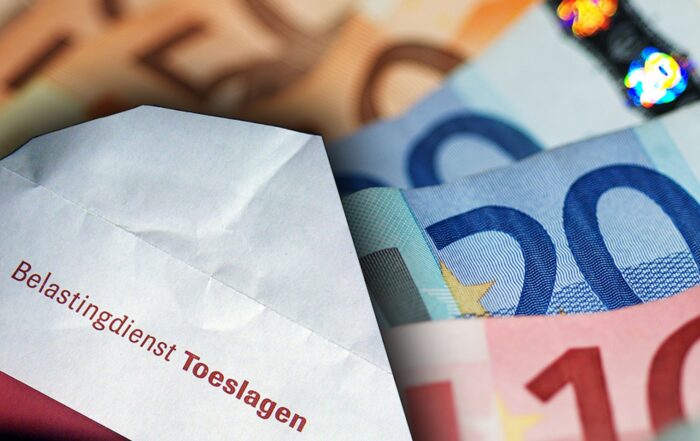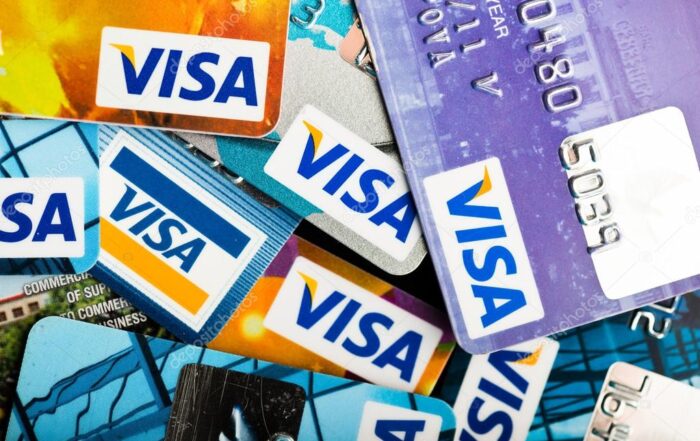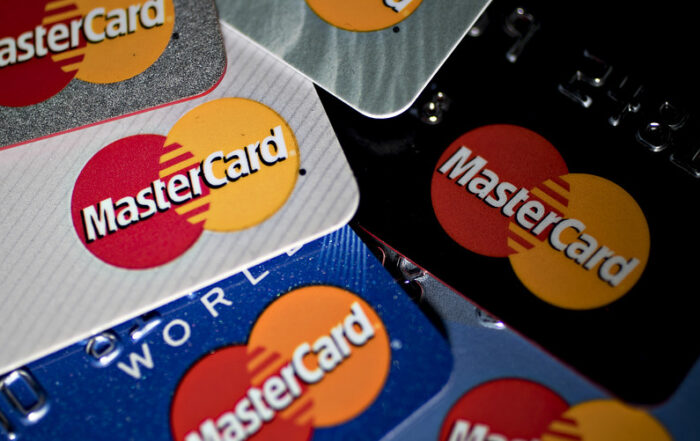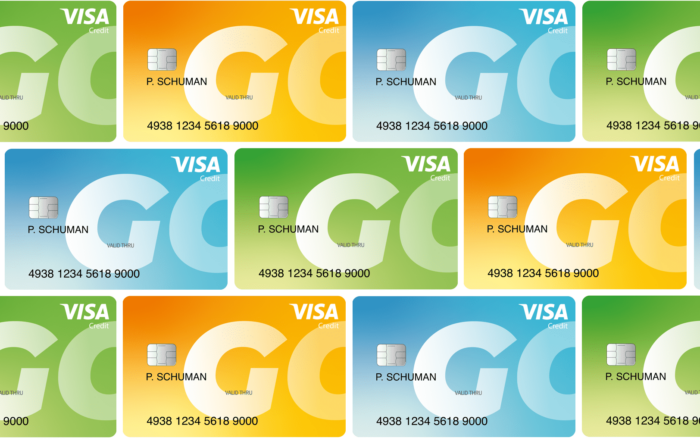Buying a Car in the Netherlands guide
The guide for buying a Dutch Car
The Netherlands, with its extensive network of canals and bike paths, might not seem like a car-centric nation. But for many residents, owning a car is still a necessity. Whether you’re a new arrival or a seasoned resident, navigating the Dutch car market can seem daunting. Fear not, financial savvy drivers! This guide will steer you through the process of buying a car in the Netherlands, ensuring you drive away with confidence and financial peace of mind.
Step 1: Define Your Needs and Budget
Before hitting the road searching for your dream car, take a moment to define your needs and budget. Consider factors like:
- Driving frequency and distance: Will you be using the car for daily commutes, occasional weekend trips, or long journeys?
- Passenger and cargo space: Do you need a spacious vehicle for family outings or a smaller car for city driving?
- Fuel efficiency and environmental impact: Are fuel costs a major concern? Do you want to prioritise an eco-friendly vehicle?
- Maintenance and repair: Are you comfortable with higher maintenance costs associated with certain brands or models?
- Once you have a clear picture of your needs, use online resources like AutoTrader.nl or AutoScout24 to research prices and compare models that fit your budget.
Step 2: Choosing the Right Purchase Avenue
In the Netherlands, you have two main options for buying a car:
- Dealers: Dealers offer new and used cars, often with warranties and financing options. The downside? Higher prices and less room for negotiation.
- Private sellers: Private sellers offer used cars at potentially lower prices. However, you’ll need to conduct thorough inspections and handle registration yourself.
- Popular online marketplaces for finding private sellers include:
- Marktplaats: The Dutch equivalent of Craigslist, offering a wide variety of used cars.
- AutoScout24: A more specialized platform with detailed car listings and filters.
Step 3: Secure Financing (Optional)
If your budget requires financing, consider options like:
Step 4: Inspection and Test Drive
Before committing to a purchase, schedule a thorough inspection by an independent mechanic, especially for used cars. This will identify any potential problems and give you leverage for negotiation. Additionally, take the car for a test drive to assess its performance and comfort.
Step 5: Registration and Insurance
Once you’ve purchased your car, register it at the RDW (Dienst Wegverkeer) within four weeks. You’ll need the following documents:
- Certificate of ownership (OVRD): Obtained from the seller.
- Valid ID or passport.
- Proof of address.
- MOT certificate: Proof of car’s roadworthiness.
- Finally, don’t forget to get car insurance before driving on public roads.
Step 6: Additional Costs
Be aware of additional costs associated with car ownership, such as:
Road tax (MRB): An annual tax based on your car’s weight and emissions.
Fuel: Costs vary depending on fuel type and driving habits.
Maintenance and repairs: Regular maintenance is crucial to ensure your car’s performance and longevity.
By following these steps and financial tips, you can navigate the Dutch car market with confidence and secure a car that meets your needs and fits your budget. Remember, buying a car is a significant financial decision. Take your time, do your research, and drive away with peace of mind.
Happy driving!












